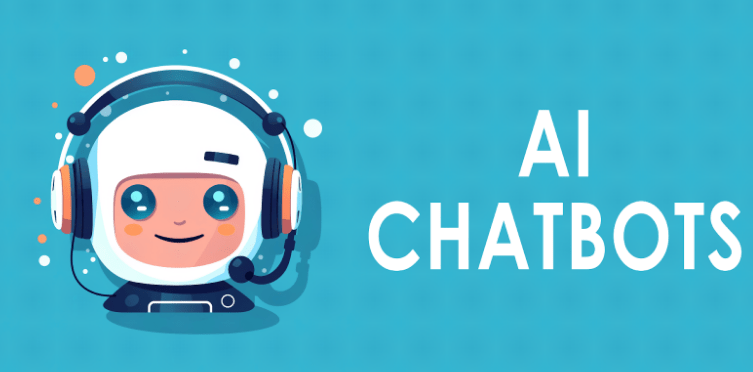
Should You Use AI Chatbots For Customer Service?
As technology has evolved and customers’ demands have grown, AI tools have become more prevalent than ever. They can act as a writer, assistant, artist, and even customer service reps, allowing you to provide a more complete experience for your customers to improve satisfaction.
One of the most popular use cases for AI in business is for customer service, including AI chatbots. Keep reading to learn more about these tools and whether or not they’re right for your business.
What Is An AI Chatbot?
If you’ve used a live chat on a website in the past year, chances are you’ve interacted with an AI chatbot. It uses natural language processing (NLP) to have human-like conversations based on the input it receives. These tools use AI to interpret your messages and provide you with relevant information that is programmed into them through data training. You might provide this training by entering your previous live chat history so it can learn how you would respond and replicate it.
For example, if someone messages your chatbot asking if there are any discount codes, it can be trained to provide them with the most recent promotions you have available and how to use them. If they ask about your return policy or hours of operation, they’ll provide them based on the information you feed the AI model. If a customer asks for a recommendation, it’ll provide one.
Overall, AI chatbots aim to replicate a human conversation with a customer from one of your customer service agents.
Benefits of Using an AI Chatbot
AI chatbots are a convenient way to handle the first level of customer support: answering FAQs and engaging customers who contact your support.
These tools are entirely automated, allowing you to provide 24/7 customer service without paying someone to be available. While it can’t interpret every inquiry and provide dynamic, unique answers to complicated requests, it helps to filter through the simple requests so your agents have more time to spend on complex issues. Plus, it can collect relevant information and pass it on to your team with help desk integrations.
AI chatbots are also highly scalable, allowing you to help more customers without increasing your number of agents. As a result, your customers will experience shorter wait times, which gives a better customer experience that builds trust.
Best Practices for Implementing An AI Chatbot
AI chatbots can be effective tools, but there are some rules you should follow when implementing them.
First and foremost, be sure to let your customers know if they’re talking to an AI chatbot. Artificial intelligence isn’t perfect, which can cause issues with reliability if they give the wrong answer. By informing them beforehand, they will know that they should take the chatbot’s responses with a grain of salt.
Next, provide as much training data as possible. The more data the AI chatbot has to work with, the better it can replicate your agents. You can collect data by manually providing live chat support for a period of time or using your existing conversation logs and entering them into the program.
Finally, make sure you’re always adapting and improving your chatbot so that it can better meet the needs of your customers. Check any feedback it receives and review chat histories to make sure it’s performing how you intend it to. You can also add more specific information based on common questions it receives for more accurate answers.
AI Chatbots: Your Personal Customer Service Assistant
In many cases, adding an AI chatbot to your website is beneficial – especially if you don’t already have a live support option available. However, it will never be able to replicate a trained agent’s effectiveness, so don’t plan to replace your customer service team anytime soon!
Need help finding other ways to improve your website’s offerings? Get in touch with us today.